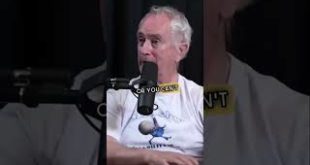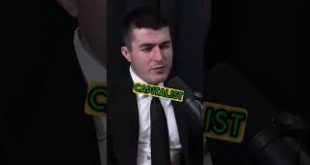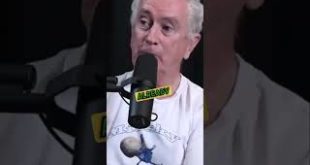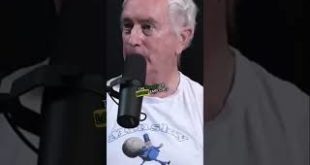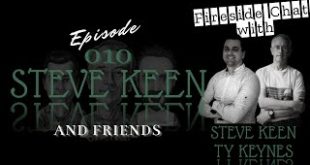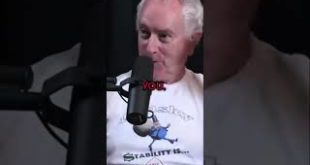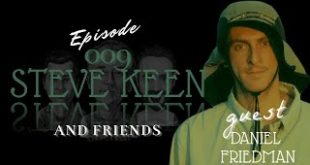Read More »
We are RUTHLESS to this planet and we’ll pay the price…
Damage which we’ve already done…
Our version of scarcity is WRONG!
We have smashed ourselves without realizing it…
The soviet industrialization hitting a wall…
Steve and Friends, Fireside chat with Steve and Ty Episode 10
@ProfSteveKeen and @TyKeynes go through some #economic models using the #systemdynamics software called #Minksy. How do econ models really work, and are they useful?
Read More »This book exposes everything they’re lying to us about… get it for free this week
Why Krushchev was wrong… @lexfridman
Steve & Friends with Guest Daniel Friedman. Episode 9
Can we learn something from ants when it comes to economics? This week's special guest is Daniel Friedman. Daniel has Ph.D. in Ecology & Evolution, and studies ants with complexity theory.
Read More » Steve Keen’s Debt Watch
Steve Keen’s Debt Watch



